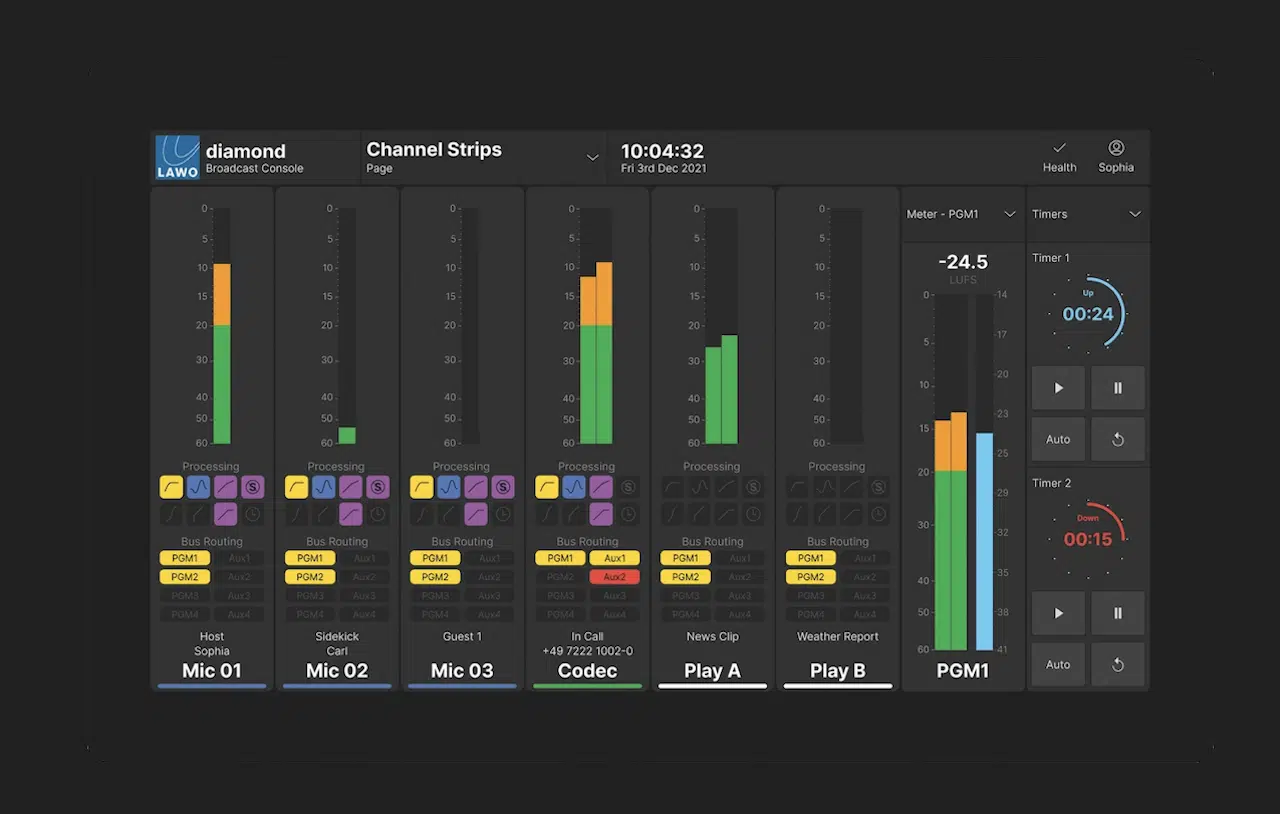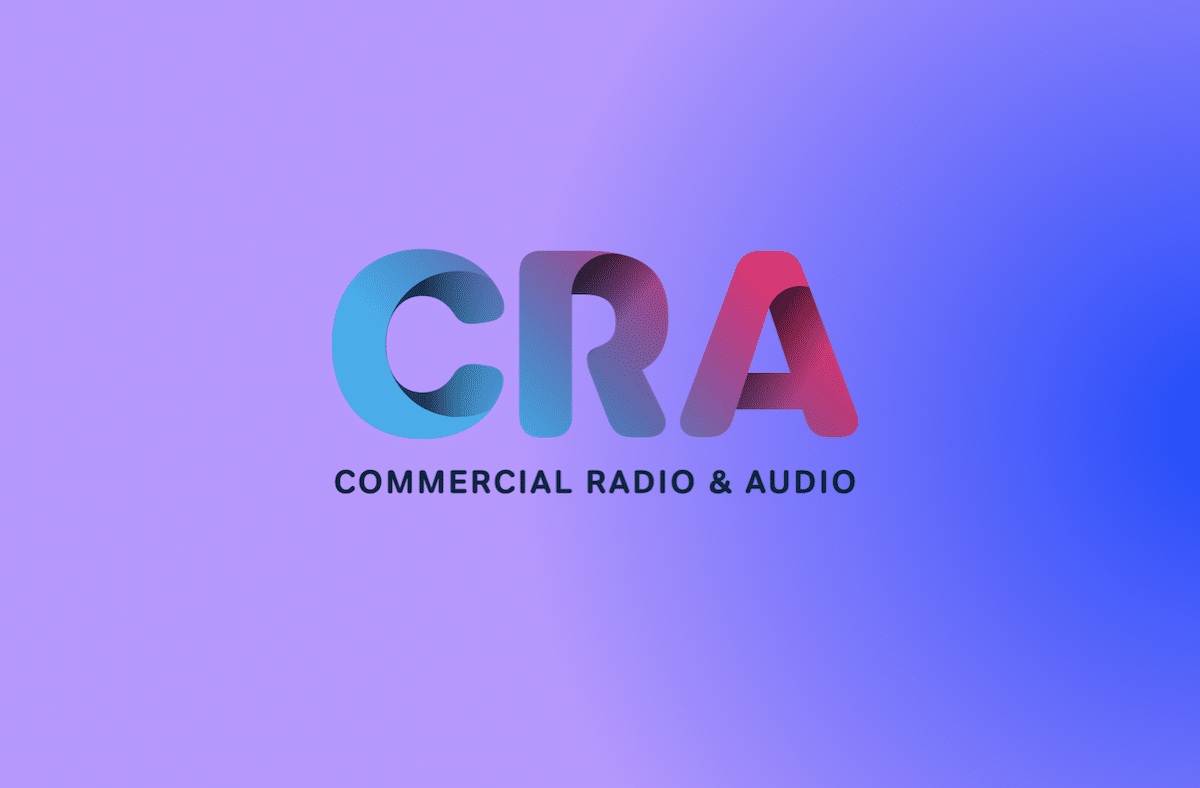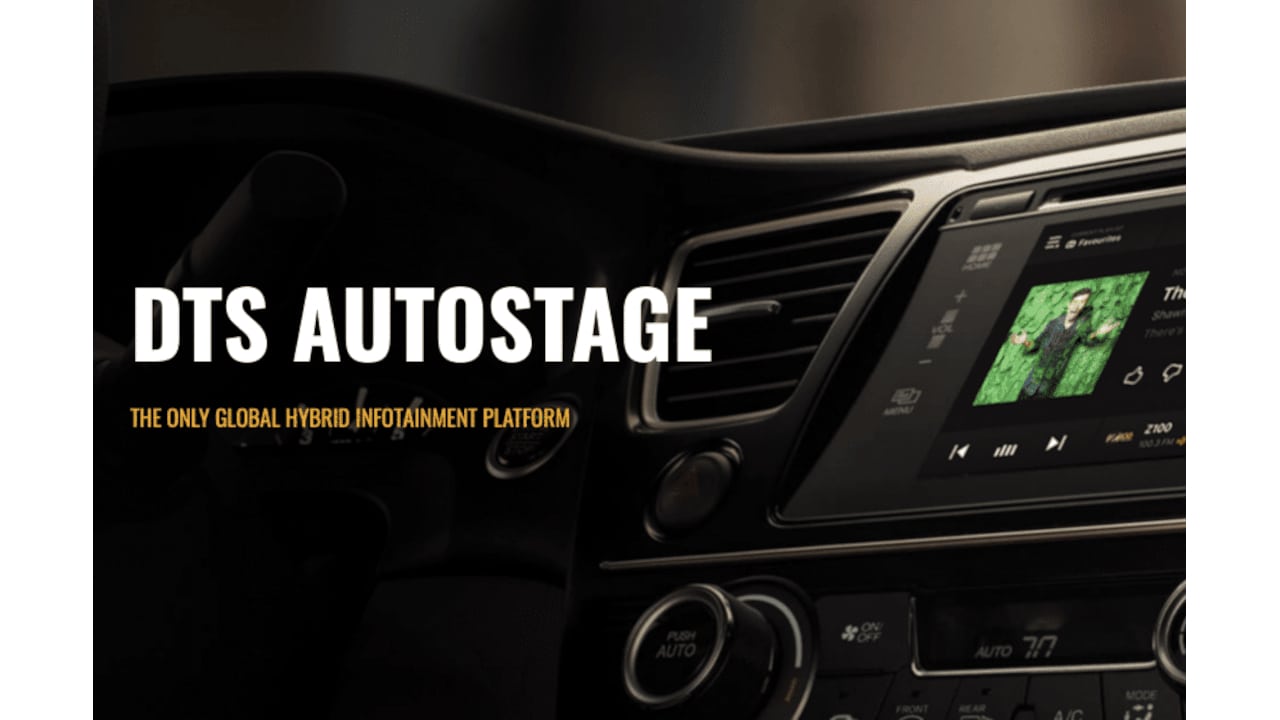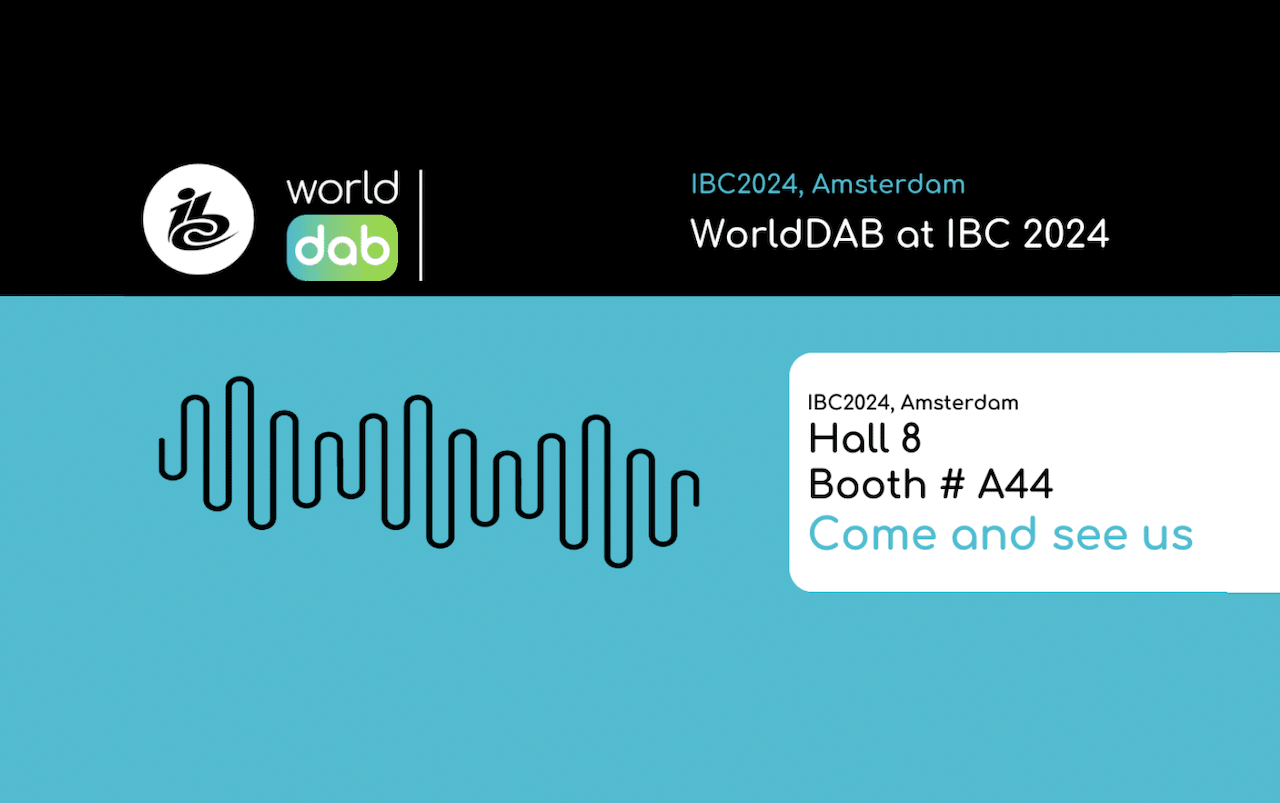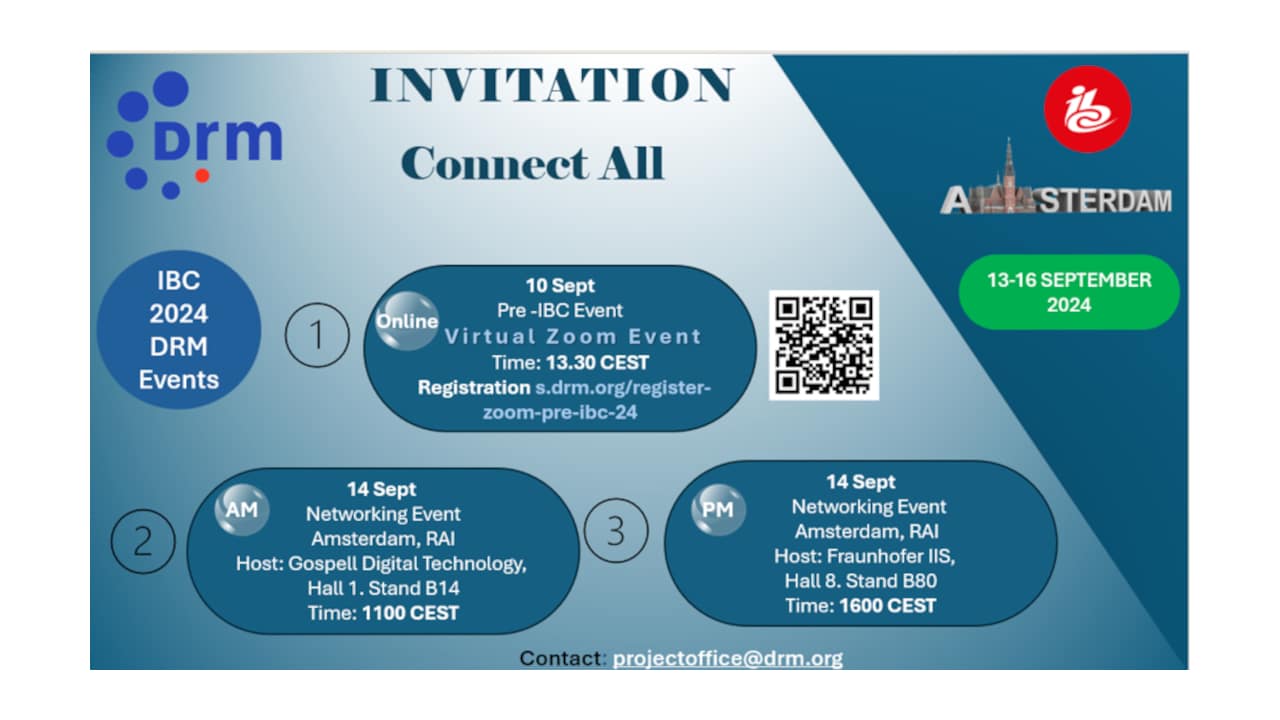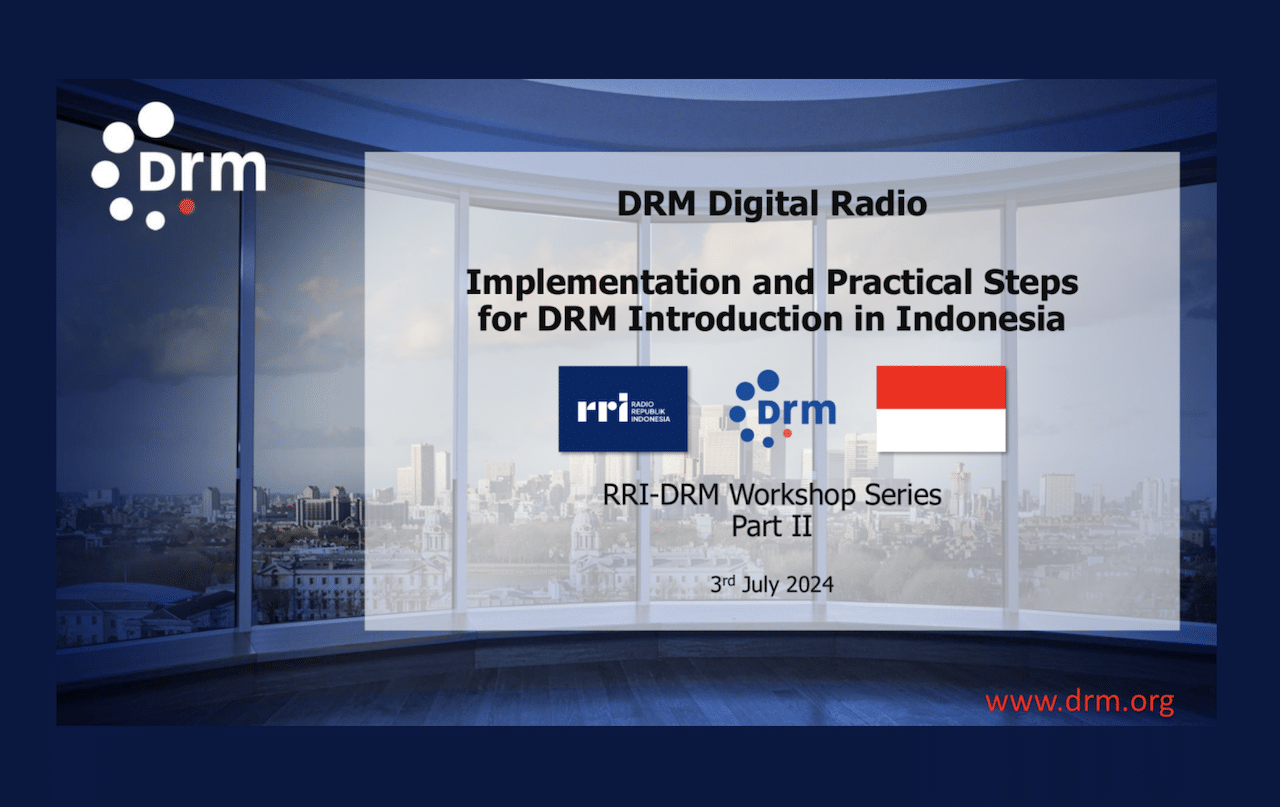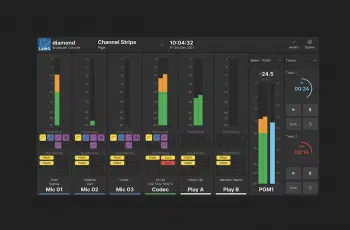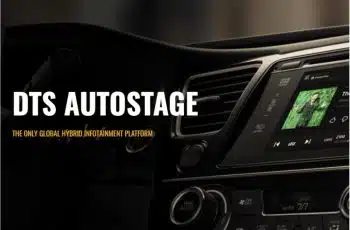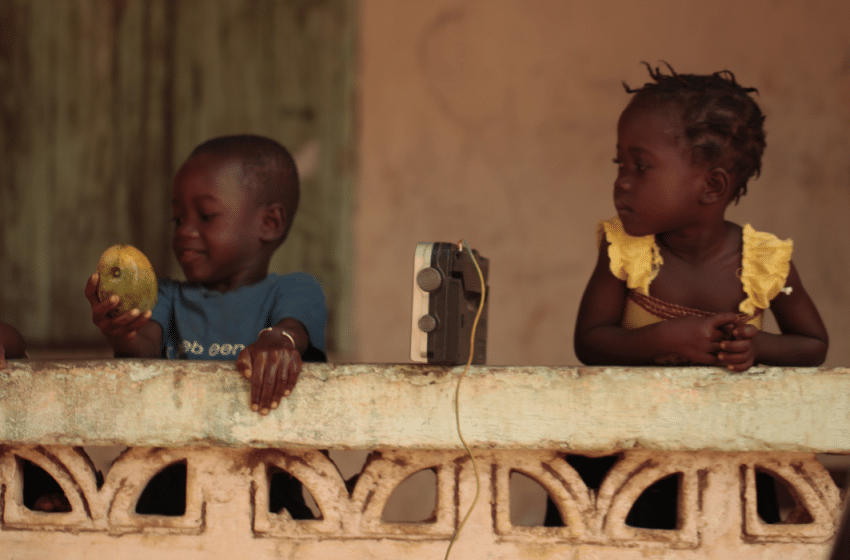
LONDON — Radio has been called “Africa’s medium” — its popularity remains high due to accessibility and relatively low cost. In many of Africa’s 54 countries, with a combined population of over 1.3 billion, traditional radio sets are widely used, highlighting the digital divide between developed countries and those without reliable electricity and internet.
But there are other reasons for radio’s popularity in Africa. It is strongly linked to oral storytelling — central to developing the continent’s diverse cultural identities and languages. The intimacy and immediacy of radio, a trusted companion, remain unparalleled on the continent, explaining why radio listenership is higher in many African countries than the global average. For example, in a recent survey in South Africa, up to 94% of citizens over 15 confirmed they owned a radio set.
During the coronavirus pandemic, radio also played a critical role in educating young people without access to the internet. According to UNICEF, sub-Saharan Africa had the highest proportion of schoolchildren without internet connectivity to participate in remote learning online lessons during lockdown. In the words of the International Telecommunication Union’s Director of Radiocommunication, Mario Maniewicz, radio is cheap, ubiquitous and “does not leave anyone behind.”
African radio and its particularities
While radio is often more accessible than TV in many African countries, Africa is not isolated from the global digital revolution. According to the Afrobarometer data of 2022, regular reliance on digital sources for news has nearly doubled in just five years, with more than four in 10 adults across 34 surveyed countries reporting they turn to the internet or social media at least a few times a week for news[RO1] .
However, according to Afrobarmoter, the African public shows a higher deficit of trust in digital media than in other parts of the world, and this insulates and protects the power of radio in ways not seen in Europe or the United States. On the positive side, African media consumers increasingly use digital media — specifically Twitter and other social media platforms — to ask unrestrained questions and directly challenge radio presenters. Though digital platforms are seen as more inclusive, the digital divide between citizens in the big cities and the vast rural areas of Africa remains very stark. Digital platforms on the continent will continue to trail behind radio for some time.
There is an immediate need to get African digital radio to the listeners who want information and education and must know when disasters threaten.
Is there a space for digital radio in Africa?
Digitizing radio is rising on the agenda of African governments and regulators. The reasons are diverse: radio’s popularity, aging infrastructure needing replacement, demand for modern content and choice, scarcity of FM spectrum (especially in populous cities) and the increasing energy costs to maintain FM radio. Each African country has its own geography, legacy, and needs, but there is a chance for all of them to leapfrog the tortuous and lengthy process of radio digitization in places like Europe or Asia.
Pan-African organizations, like the African Telecommunications Union, or pan-regional ones, like the Southern African Development Community, are recommending to member states a dual option of the DRM-DAB+ open standards combination, which should cover all scenarios. Countries like South Africa have turned such a recommendation into policy. Issuing licenses, creating the infrastructure, and obtaining receivers at competitive prices will be a huge challenge. However, countries like Ethiopia have recently acquired a significant number of DRM receivers, so Africa can still lead the way and surprise!
With the support of bodies like the ITU and African organizations like the African Law and Technology Institute in Kenya, local specialists are being trained to understand the potential of digital radio. As pressure to digitize radio increases, there is a need for clarity of standards, costs, and other implications. Not all societies can absorb the heavy costs of using vanity systems put in place because of lobbying. Parachuting in a system that is plainly not cost-effective for a country is unethical.
Africa forging its own way
African broadcasters have shown significant interest and engagement in the technologies proposed by the DRM Consortium. An example is delivering eLearning to areas without internet — the theme of the eLearning Africa conference and exhibition in Senegal, which took place in May.
Vibrant Africa has young and receptive technicians and content creators. More and more workshops, debates and conferences are a positive sign. But there is an immediate need to get African digital radio to the listeners who want information and education and must know when disasters threaten. These could be part of a revitalized digital radio ecosystem in Africa.
We cannot overlook the economic challenges of many poor African economies and the perceived lack of funds for radio when other necessities of life seem more stringent. But digital radio has obvious advantages. As late adopters, African countries can enjoy the best solutions already tried and tested elsewhere. They should learn from others’ mistakes and forge their own way — not slavishly follow European countries or the U.S., where conditions and legacies are so very different.
The author is chair of Digital Radio Mondiale.
Related
DRM Incorporates Smart Radio Events
India Shows Rapid Uptake of DRM in Vehicles
DRM Releases New Corporate Video
DRM Consortium Holds 2021 General Assembly
Brazil: DRM Shortwave Transmission Shifts to New Area



